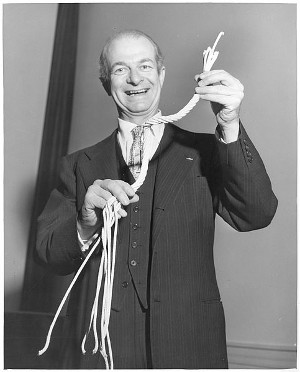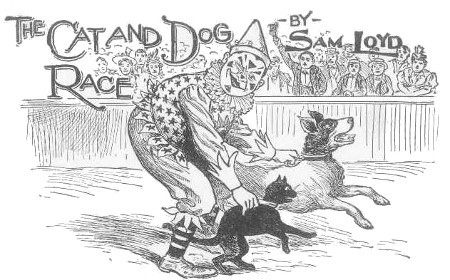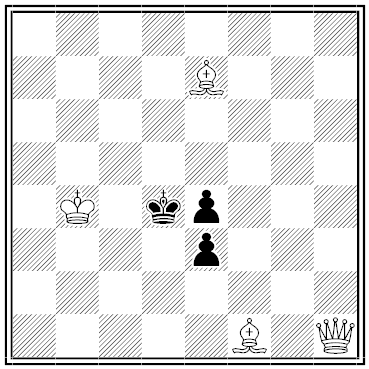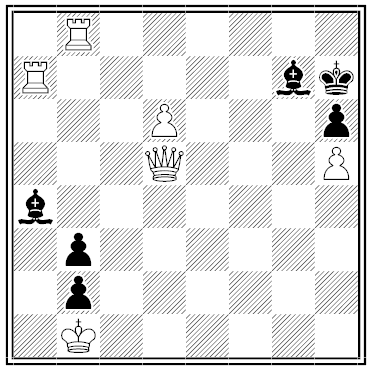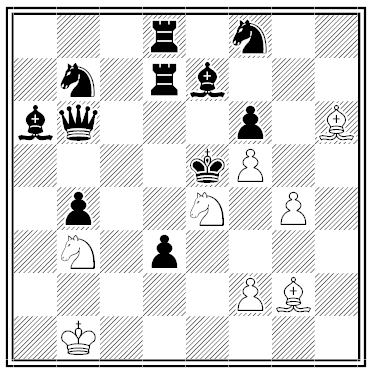Let’s play a coin-flipping game. At stake is half the money in my pocket. If the coin comes up heads, you pay me that amount; if it comes up tails, I pay you.
Initially this looks like a bad deal for me. If the coin is fair, then on average we should expect equal numbers of heads and tails, and I’ll lose money steadily. Suppose I start with $100. If we flip heads and then tails, my bankroll will rise to $150 but then drop to $75. If we flip tails and then heads, then it will drop to $50 and then rise to $75. Either way, I’ve lost a quarter of my money after the first two flips.
Strangely, though, the game is fair: In the long run my winnings will exactly offset my losses. How can this be?
|
SelectClick for Answer |
It’s true that if the number of wins equals the number of losses, as expected, I’ll lose money. But the sequence of flips won’t always match our expectations so precisely — it may favor heads or tails. And when it favors heads, I’ll make a lot of money. Suppose we play four games in a row, with two flips per game, starting with $100:

Here I lose fully 75 percent of the games we play — but my winnings are so great in the fourth case that they offset the whole foregoing series of (relatively small) losses. Such cases are rare, but they’re so lucrative that in the long run my bankroll is unchanged.
|
